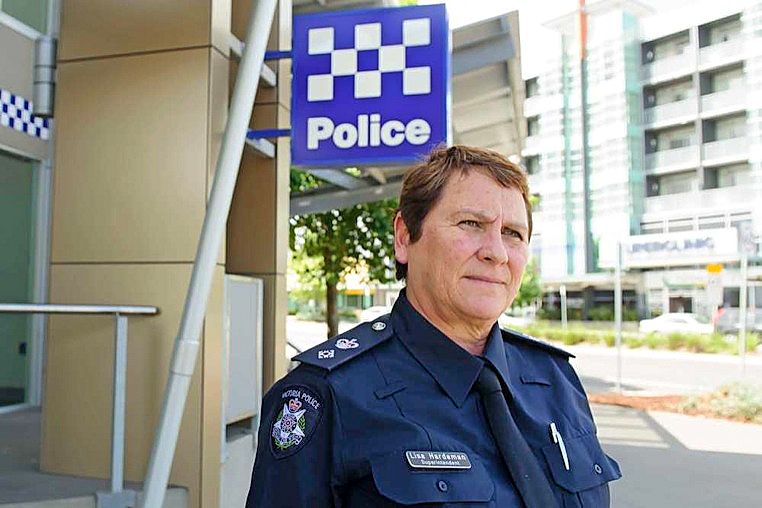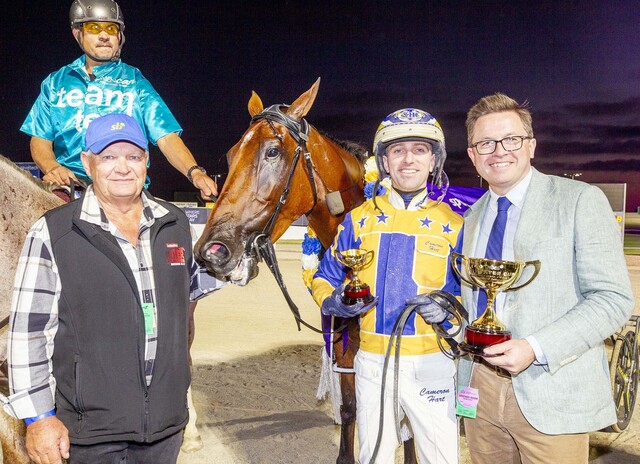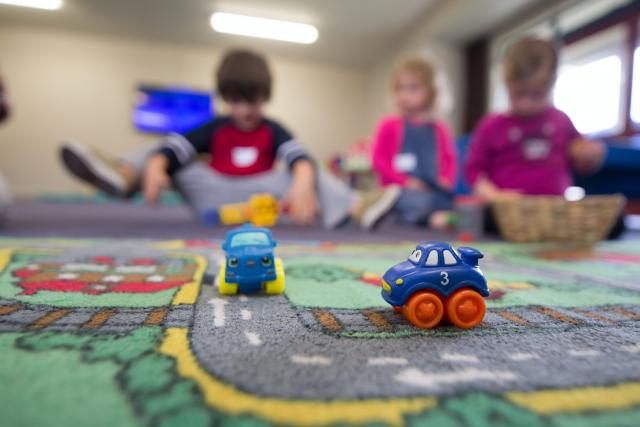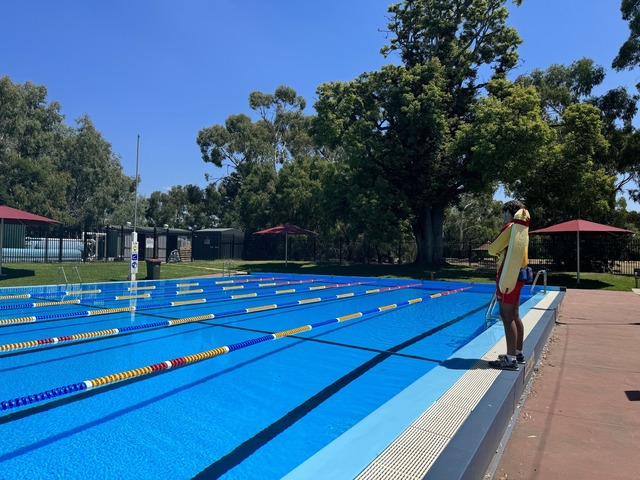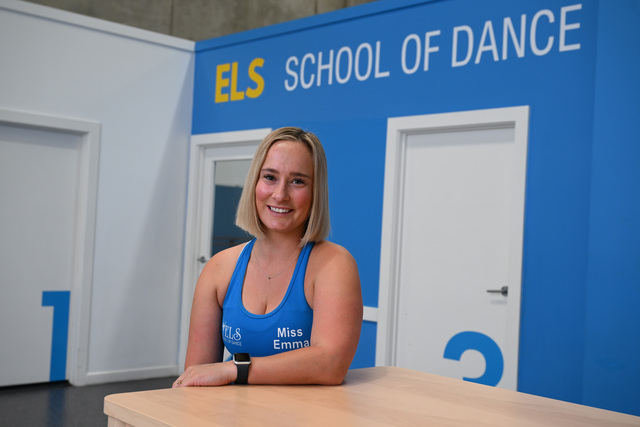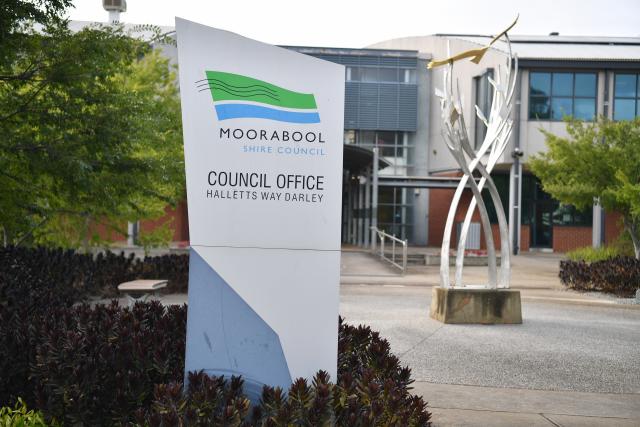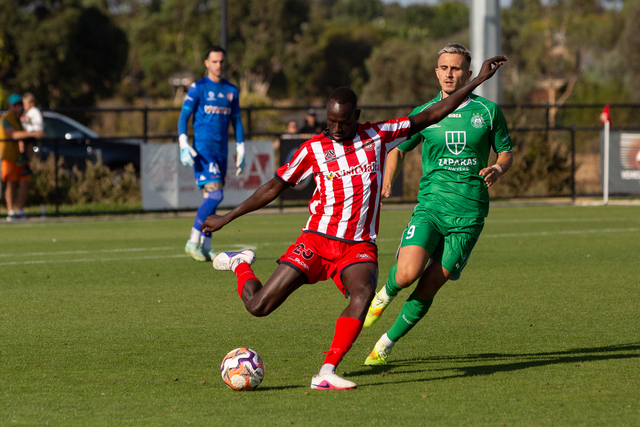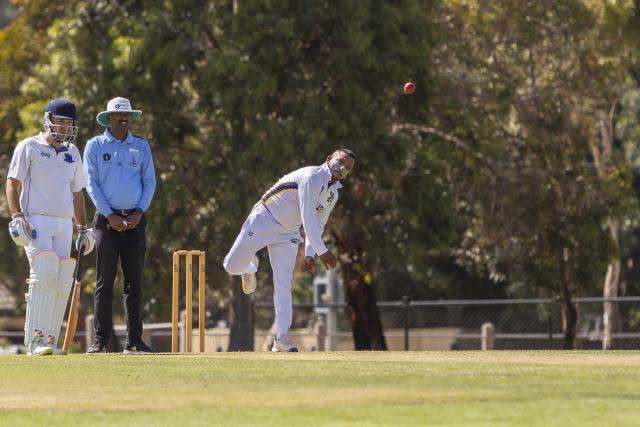North-west Metro Division 3 superintendent Lisa Hardeman says what a $2 billion boost to tackle crime will do for Melton.
What does the state government’s boost to police numbers mean for the north-west?
Certainly the 20 per cent increase is significant for Victoria Police … the Chief Commissioner did acknowledge that growth areas are stretched, so I’m sure the staffing allocation will ensure police members go where they’re exactly needed across Victoria.
How many more are needed around here?
The staffing allocation model they’ve developed is highly sophisticated and data-driven. Being in a growth zone, we will receive a percentage of the extra members. What that extra percentage is, I don’t know.
What have you noticed about youth offending in Melbourne’s west?
It’s fairly static … what we are seeing is more reporting of young offenders. We work hard out there to make sure that if we do identify young offenders – especially first time and second time offenders – we’re trying to put in the proactive response with government and non-government agencies to try and support that young offender and their family.
What’s the difference between the offences young people commit compared with older people?
I don’t think there’s any difference … but in saying that, we’re also seeing risky behaviours in relation to driving, and we’ve actually had a couple of fatalities out here from very young people – one last weekend.
What’s driving this trend of repeat offending?
I think you’ve got to look at the style of offending … and relationships people have with each other. We certainly know that, anecdotally, there is an age where the majority of young people suddenly stop offending for whatever reason, whether that’s because of the court processes or because they’ve matured … and no longer associate with the people they were committing crimes with.

The state government will fund 42 specialist youth officers – will this drive down youth crime?
I’ve got a proactive unit attached here at Caroline Springs that covers the division. In that unit, I have people who work with youth, people who work with multicultural [communities] … I’ve got people who go and look at the safety of victims’ houses and advise on that, and we’re starting to multi-skill across all of that … We’ve actually got a model that we’ve put together for when [young people] get bailed or released from youth justice centres … and the sooner we can get a young person back into the education system or back into the employment system, the better results … so if I get extra people in that space, we can certainly use them.
How will you use these extra officers?
It’s about effective tasking, so they have a specific aim and goal that we need to reach. And certainly we’ve put some guidelines around the young people we’ve been seeing of late and [we] make contact with the family, not just the offenders – we’re starting to see big results by working with families.
What needs to be done from a community, societal, governmental and non-governmental perspective to drive down youth crime?
I think we need to realise that it’s not just a policing issue. We need to look across all services – the education department, the department of [health and] human services – we need to engage with schools … and it needs to be a united approach to doing what’s best for a young person because they all have different needs.

Victoria Police came under fire for an ‘over-reliance’ on taskforces. What tangible difference have taskforces made?
Well see, that’s where I don’t agree that taskforces are taking people off the frontline. I see taskforces as being part of the frontline and what your definition of a taskforce is. Out here, we have teams that look at burglaries, teams that look at theft of motor cars, and Embona [taskforce] that looks at armed robbers. They’re all part of my frontline, they’re all part of my overall resources I can target to specific areas, which then allows the police driving the divisional vans more time to go and respond to calls from the public and to conduct the initial parts of the investigation … Cosmas prevented a lot of crimes occurring by arresting, charging, remanding a lot of our youth offenders.
What about a 24/7 police station at Caroline Springs?
I’ve got no intentions of opening up the police station here 24 hours a day. I don’t think there’s a public need to have the front doors open. And if I was to have the front doors open, that would mean a minimum of one to 1.5 cars per day off the street, and that would reduce our ability to respond to calls for assistance.
How does Victoria Police identify which stations should be open 24/7?
Caroline Springs initially opened as a 16-hour police station. We’ve increased that to a 24-hour police response, so we do have police working out of there 24 hours a day. I think a lot of the reason why some police stations are open is history – there has always been a 24-hour police station and there still is. Looking at my police stations, I think if we did some analysis around the amount of use after 10pm and before 6am, we’d find there are others that could be shut down … the chief commissioner and executive command have a little bit more to work through, whether it happens down the track is yet to be seen.

Do you think communities are better served if police stations are not open 24/7?
Certainly … it gives us the ability to respond to calls for assistance and get more police out on the frontline, as opposed to doing some of the administrative duties that occur in watch houses, such as signing stat decs, answering telephones. Instead of getting one or two cars out, you’ll get three or four cars out. It would certainly impact on the amount of vehicles I can get out … the other thing that’s going to help is that the government has promised us, moving forward, the police [assistance] line. In other states when it started up, it reduced the number of calls for police assistance by about 25 to 30 per cent.

